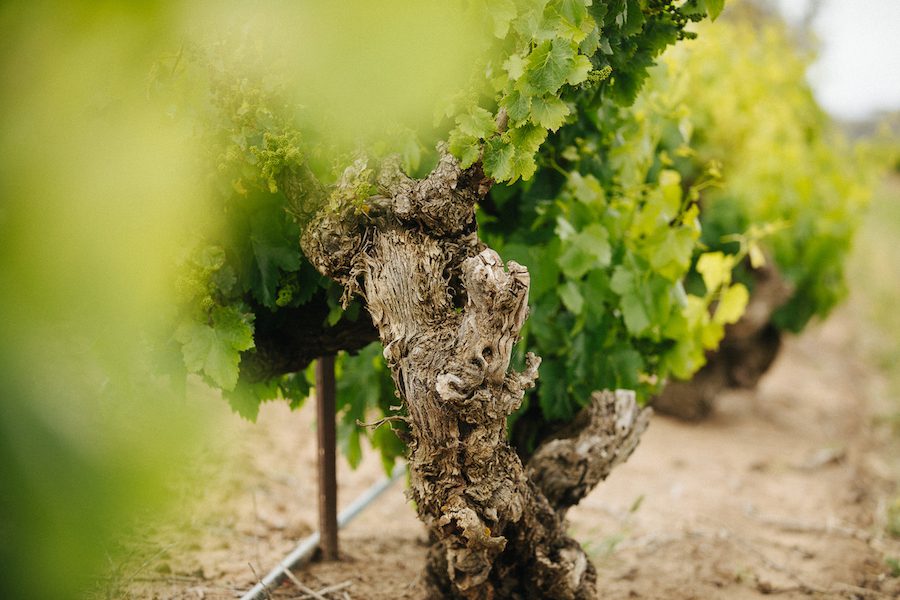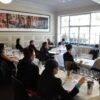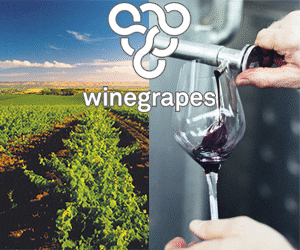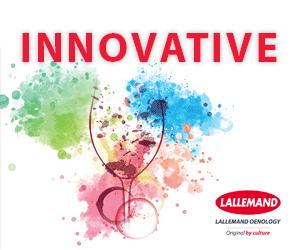
Almost half (47 percent) of participants in the fourth annual South Australian Wine Industry Snapshot indicated they are worried about the future of their business, compared to only 25 percent last year.
But while confidence among SA wine businesses has declined amid multiple challenges in 2020, innovation and evolution has spiked.
The Snapshot is a collaboration of the South Australian Wine Industry Association (SAWIA) and Bentleys SA/NT.
“2020 has been the most disruptive year in recent history for South Australia’s wine industry,” says Brian Smedley, chief executive of SAWIA.
“Covid-19 and China investigations into anti-dumping have followed a series of environmental setbacks, generating uncertainty and making planning for the future more difficult.
“However, in reviewing the challenges experienced by wine businesses this year, we have uncovered many inspiring examples of innovation, evolution and hope.”
Sixty-three South Australian wine businesses participated in the study, many of which were in the growth or mature phase of their lifecycle, privately owned, smaller in size, and growing their own grapes for winemaking purposes.
Business confidence has dropped for the second consecutive year, the primary reason being the uncertainty in relation to the duration and impact of the pandemic, along with Australia’s tenuous relationship with China.
The support offered by both Federal and State governments has been recognised by this year’s participants as a valuable lifeline that has enabled the continued operation of many of the participating businesses. However, the full effect of this year’s events may not be known until after key stimulus measures cease in 2021.
Despite the challenges and adversity, the study revealed there is appetite and opportunity for continued business advancement and growth.
“Businesses are reviewing and revitalising their business models to pursue new growth strategies, such as dealing direct with customers. For some, this evolution has led to greater success and profitability,” says Tim Siebert, partner of Bentleys SA/NT.
Unlike snapshots of previous years, and reflective of our time and the need to adapt, many of this year’s participants indicated a commitment to diversification – the riskiest of all growth strategies involving new products for new markets.
Notwithstanding, the strategic focus of many wine businesses over the coming two years is primarily to improve profit margins and to sell more product to local markets.
In response to changing market conditions, the “ability to innovate” was recognised by participants among the top three factors for success over the coming years.
While many wine businesses believed it was “extremely important” for their business to embark on a phase of innovation and evolution, fewer were actually investing in innovation in a significant way.
Only a small proportion of wine businesses had an effective business continuity plan in place, indicating significant risk exposure to future environmental events.
“I cannot emphasise enough the importance of having an effective business continuity plan in place to help businesses respond to and endure unforeseen events, like Covid-19 or extreme weather events,” Tim Siebert says.
“We hope this report serves to highlight this risk management issue, and encourages wine businesses to build an effective plan that will protect them from future events.”
“This may well be a defining time for South Australia’s wine businesses,” Brian Smedley says.
“I encourage all wine businesses to remain vigilant and continue to adapt as leaders in domestic and global wine markets. Despite all the events of 2020, we must remain confident as an industry.”
Key statistics:
- 63 wine businesses participated in this study. Of these, 62 percent were private companies, 64 percent were winemakers as opposed to winegrape growers, 40 percent were in the growth phase of their business lifecycle.
- Almost half (47 percent) of participants indicated they are worried about the future of their business, compared to only 25 percent last year.
- Two-thirds (65 percent) of participants have indicated that their business confidence has decreased this year, compared to 27 percent last year.
- 30 percent of participants do not have a business continuity plan in place to help them with managing unforeseen events. 22 percent of respondents have effectively applied a business continuity plan to manage the events of the past 12 months.
- The environmental events that have had the most damaging impact on wine businesses were Covid-19 (negative impact for 87 percent of participants) and drought (66 percent).
- Covid-19 has negatively impacted business profitability (63 percent) and “the ability to service domestic and international markets” (71 percent).
- Most (82 percent) of participating wine businesses drew valuable support from the Federal Government’s JobKeeper payments through to 28 September 2020.
- Three quarters (74 percent) of participants indicated some level of concern for the mental health of staff in their workplace.
- Two thirds (69 percent) of participants are focusing on improving profit margins, and 61 percent are focusing on market penetration (existing products for existing markets) over the next two years.
- This year, for the first time, “the ability to innovate” was included among the leading key success factors, selected by 13 percent of participants.
- 61 percent of participants recognise that it is very or extremely important for their business to embark on a phase of innovation and evolution.
Photo: Mike Smith.













Recent Comments